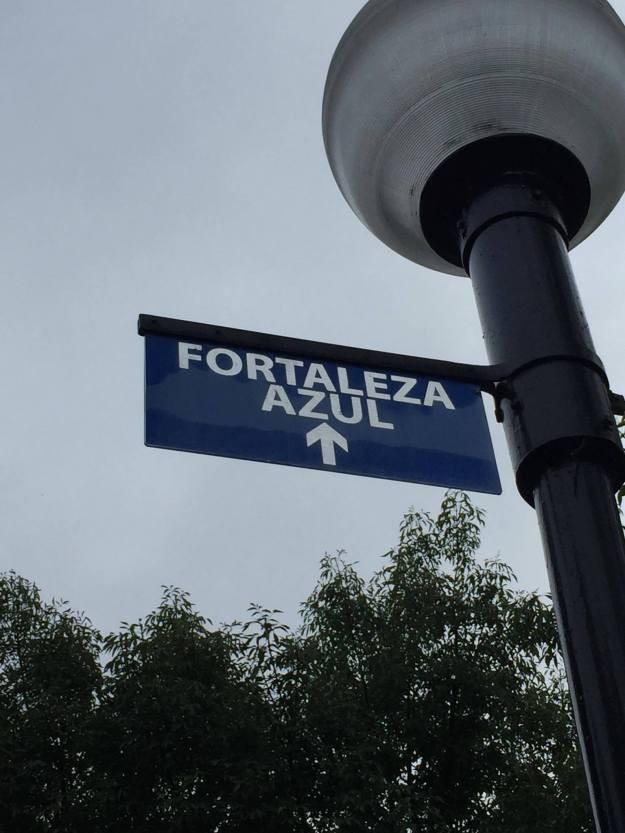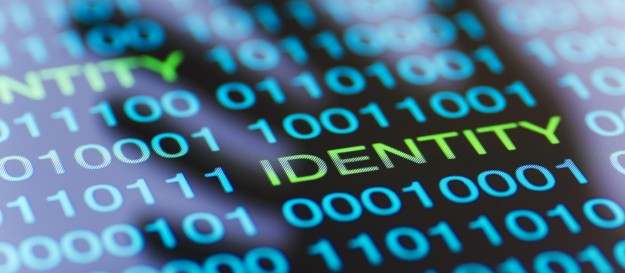--Originally published at Digital Identity

A Semana i course for 2016
--Originally published at Digital Identity
Visitors and Residents: David White, Oxford University.
Today we learn about the visitors vs residents. This guide draws on the findings and methods of the Jisc/OCLC funded digital visitors and residents (V&R) project which is underpinned by an alternative to Prensky’s typing of technology users. Visitors and residents is a simple way of describing a wide range, or continuum of, modes of online engagement.
A visitor sees the web as a collection of tools, which can be used to get things done. Once the task is complete, the visitor will return the tool and leave; leaving no social trace of them online.
A resident sees the web as a series of spaces or places: living out a portion of their life online. They interact with the web, leaving traces that remain.
It is important to that this concept is a spectrum. Each individual will use the web in different ways, socially or academically. Someone who is a resident in their social use of the web, does not necessarily become a proficient user of the web in an institutional way
The web supports the projection of their identity and facilitates relationships. In other words, Residents live a percentage of their lives online. Unlike the Visitor mode, there will be online visibility and presence when in Resident mode. It is very common for individuals to engage online in a mixture of Visitor and Resident modes depending on what they are trying to achieve.
Here is the Interview.

--Originally published at Digital Identity

Today we do a photo safari, and have hangouts with Laura Gogia, Lee Skallerup, Alan Levine and Amy Burvall. They explain to us how to express yourself in your blog. For example in your blogs you can write about what do want in your life, dreams or your daily activities or if you are a star you can write about the things that you are working. But be careful, because some people stool your information to create a fake person and do whatever they want, for example, that person can said that he need money to do things or something like that, and the people give him money and they think that is you.
About the photo safari was a good experience because you can see the world with another’s eyes, because you work and think about what could you do to make a good photo and what word describes what do you want. So is a great activity to think about you.

--Originally published at Digital Identity

Dave Cormier(Twitter) a wonderful person I have the honor to meet today.
What is a Digital Identity?
is an online or networked identity adopted or claimed in cyberspace by an individual, organization or electronic device. These users may also project more than one digital identity through multiple communities.
What I learned today was that the images, text or videos that you post in the internet are forever there. If you want to have private things on the internet you need anonymous, or have different accounts, for example you can a public profile for your job, friends and people and a private profile with your family, best friends. That’s important because sometimes you are a public person and if the people have the opportunity to destroy your carrier they can have images or information that can destroy yourself.
Now the young people and the children’s have access to social media, so other people can have information about their family’s or about this children’s or young persons, but another problems is the old people that don’t understand how the social media are.
It’s important to be responsible in social media because in this time some of the company’s search in the internet information about you, so you need to be careful about what is on the internet about you. Because you can have the opportunity to work on a big company and they search in Facebook about you and they find that you are an alcoholic person they didn’t accept your solicitude.
The digital identity that you have can be clone or bad people can hack your accounts and post wear things, so think about good passwords and do not share that password. Search for your name in social media and if you detect that one profile is like yours, report that and make a post about it, so the people can be advertising.
Image From: http://trusteddigitalidentity.com/
